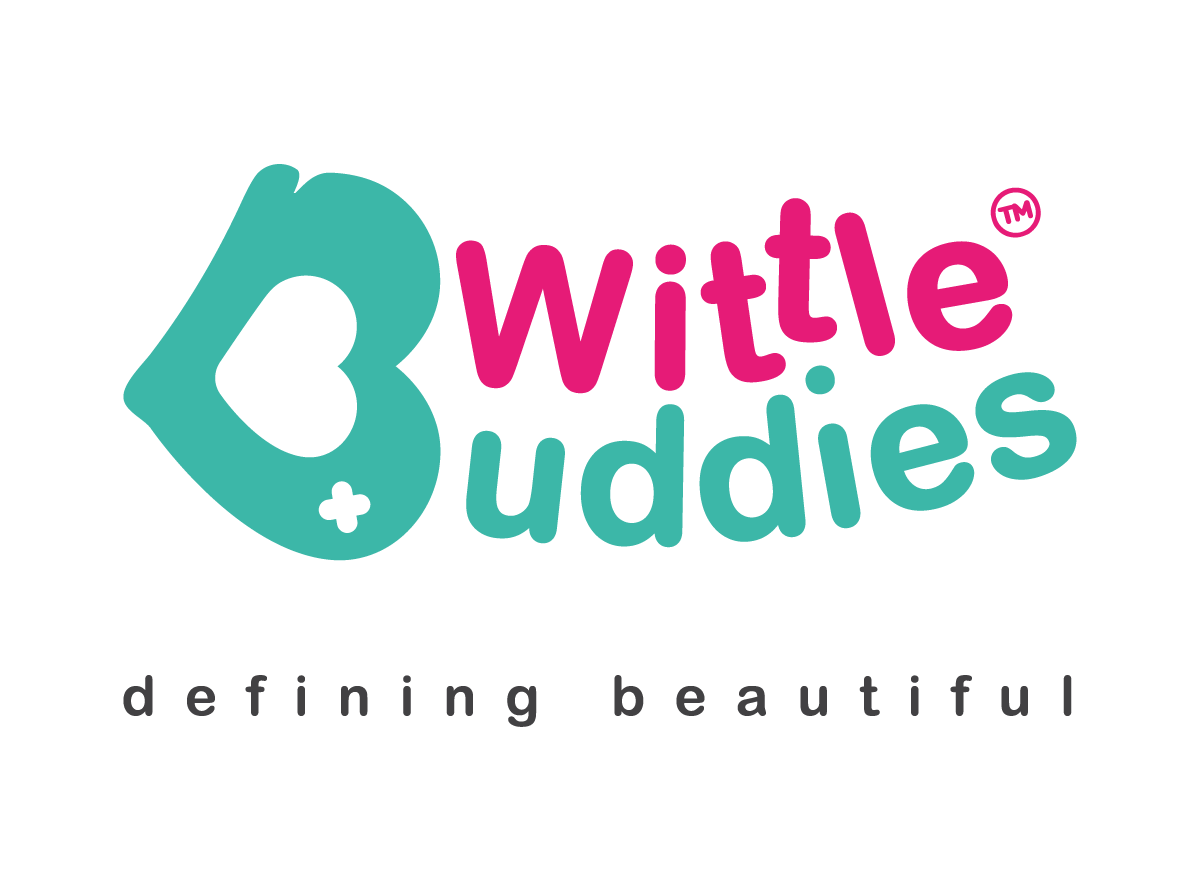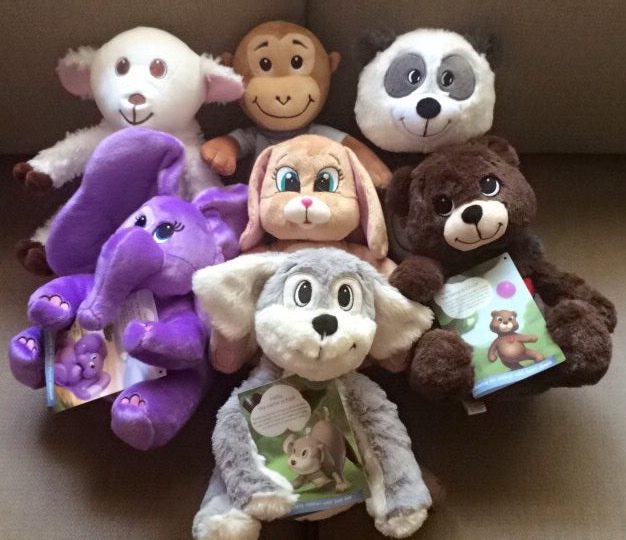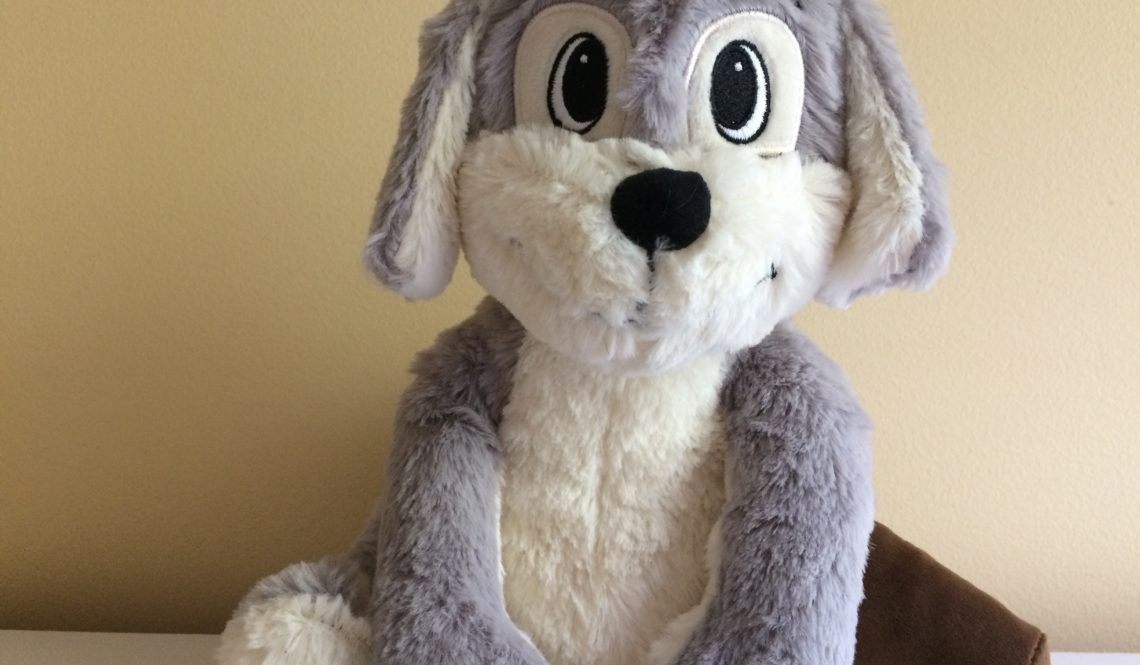We perceive two social situations
a) The distorted perception of what beauty is.
The extreme focus on looks rather than on values, has produced an incredible amount of pressure in a generation that is constantly bombarded by unrealistic expectations. Endless products to enhance the way a person looks, surgeries to achieve perfection (as defined by the media) and ageless faces and bodies that are deceivingly presented as natural and not enhanced, camera and video filters, edited media, etc, are all some of the causes for increased levels of depression, eating disorders, anxiety, bulling, materialism, physical obsession, lower self-esteem, bullying, self-image issues etc.
Sadly, many toys and cartoons have too, fallen into that deceptive game by creating characters that promote physical “perfection”. By the time a child reaches his/her teenage years, their self-perception has been defined by what the media says about their faces, skin color, bodies and even strengths or weaknesses. A child learns to appreciate beauty defined by looks if the toy is always perfect in personality, attributes and physical features. This impacts all children negatively, and society as well when those children grow up, but very especially, it damages children with illnesses and disabilities, by making them feel that they don’t fit in, or like they are flawed or not perfect.
The extreme focus on looks, instead of on who we are as human beings, is devastating society one child at a time. The constant pressure through tv, movies, cartoons, toys, magazines, etc is continuously impacting children and programming them to accept and imitate those behaviors and teachings when they become adults.
That idea of beauty has led us to focus so much on perfection, on what we see, and we forget to focus on who we are. We need to teach children to see people as wonderfully created human beings, each with a unique set of talents, capabilities, strengths and special beauty.
b) The unattended needs and desires of an important, and very special, group of children: disabilities and illnesses.
Millions of kids around the world go through different forms of disabilities or disease. Wittle Buddies presents characters which have real life struggles, but that in their struggles they are absolutely strong, perfect, beautiful and loved. Each of them has a unique set of attributes (strengths and weaknesses), and though the challenges are sometimes obvious to the sight, the characters never focus on them, but on supporting and being kind to one another.
Our focus is to help children identify themselves to one or more characters, and feel comforted and accompanied by them.
We want children going through a challenging time in their lives, to feel comforted and happy with the company of a Wittle Buddy. We thrive seeing a child smile.
Wittle Buddies teaches children that each of us was created perfect and beautiful, and with a very special purpose. These characters will show children how we compliment each other with our unique strengths and even, our weaknesses. While society teaches “that something is missing, broken, wrong or imperfect”, Wittle Buddies teach that we are whole, unuqie, beautiful and perfect, just the way we are.









